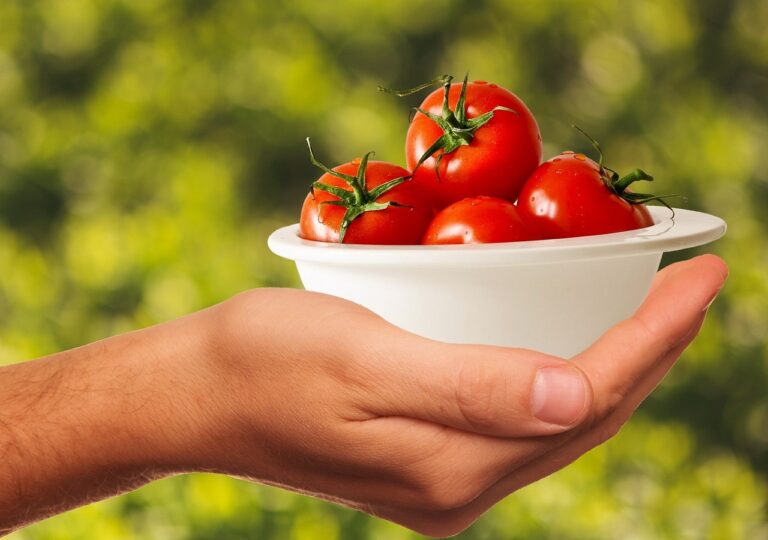The Role of Food in Political Campaigns and Movements
Food choices play a significant role in shaping voter perception during political campaigns. Whether candidates opt for traditional comfort foods or trendy health-conscious options can impact how they are viewed by the public. For example, a candidate who is frequently seen indulging in fast food may be perceived as down-to-earth and relatable, while a candidate who promotes veganism may be seen as progressive and mindful of health and environmental concerns.
Additionally, the way in which candidates interact with food during public events can influence voter perception as well. Candidates who participate in cooking demonstrations or tastings with local cuisine may be viewed as culturally aware and invested in the community. Conversely, candidates who avoid food-related events or display a lack of interest in regional culinary traditions may be seen as out of touch or disinterested in connecting with voters on a personal level.
Campaign Events Centered Around Food
During political campaigns, food plays a crucial role in attracting voters and shaping public perception. Candidates often organize events where they serve specific dishes to cater to the preferences of different demographics. From barbecues and food trucks to local farm-to-table dinners, the food selection at these events is carefully curated to appeal to the target audience.
These campaign events centered around food serve as opportunities for candidates to connect with voters on a more personal level. Sharing a meal together fosters a sense of community and allows candidates to engage in casual conversations with constituents. Moreover, the type of food served can also convey messages about a candidate’s values and priorities, such as promoting sustainability through eco-friendly meal options or showcasing support for local businesses by sourcing ingredients locally.
How can food choices influence voter perception during a campaign event?
Food choices can influence voter perception by creating a positive or negative association with the candidate. Serving high-quality, diverse cuisine can convey a sense of sophistication and inclusivity, while offering limited or low-quality options may suggest a lack of attention to detail or care for attendees.
What are some examples of campaign events centered around food?
Campaign events centered around food can include fundraisers at restaurants, food tastings, picnics, BBQs, and food truck rallies. These events provide a casual and social atmosphere for candidates to connect with voters over a shared love of food.
How can candidates use food to connect with voters during their campaign?
Candidates can use food to connect with voters by showcasing their culinary preferences, supporting local businesses, and hosting events that celebrate diverse food cultures. This can help candidates build rapport with voters and create memorable experiences that set them apart from their competitors.
Are there any potential drawbacks to hosting campaign events centered around food?
Yes, potential drawbacks to hosting campaign events centered around food include the risk of alienating voters with dietary restrictions or preferences, the perception of excess or wasteful spending on elaborate catering, and the possibility of distracting from the candidate’s message or platform. Candidates should be mindful of these considerations when planning food-centric events.







